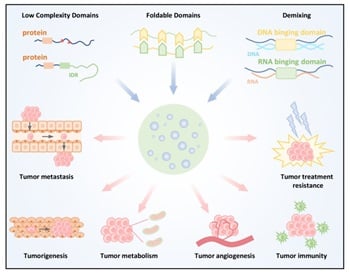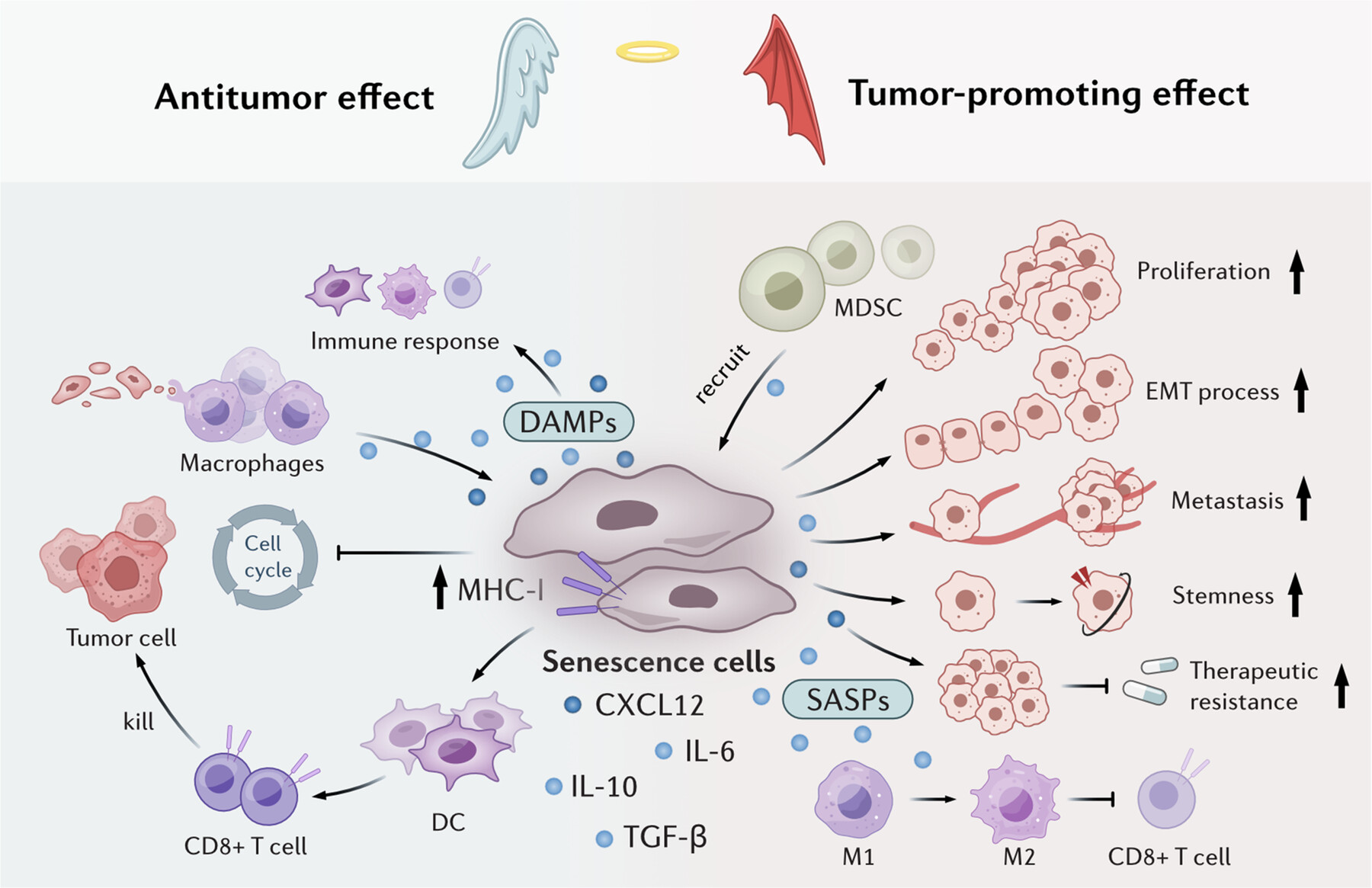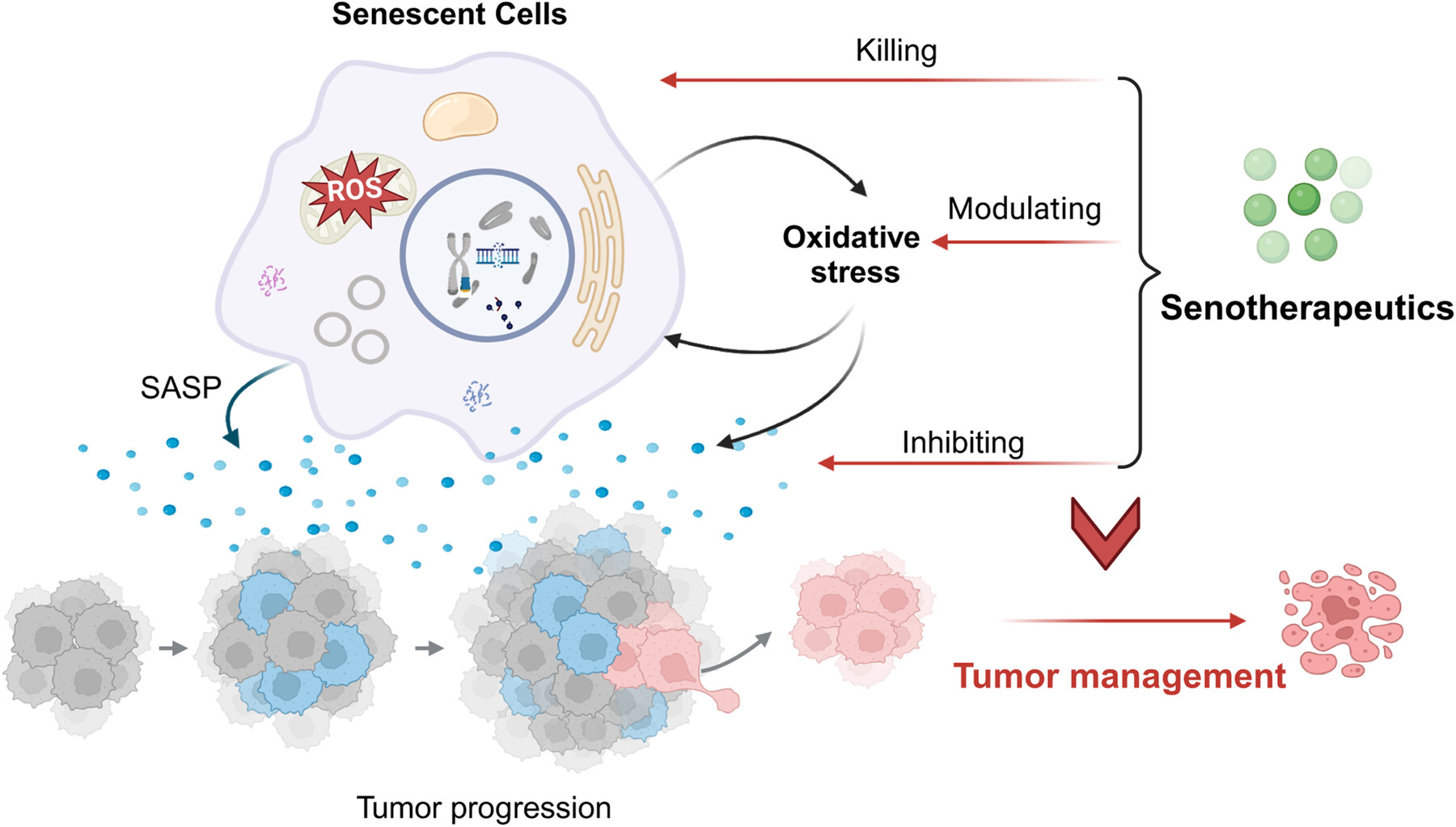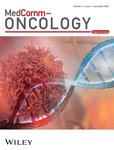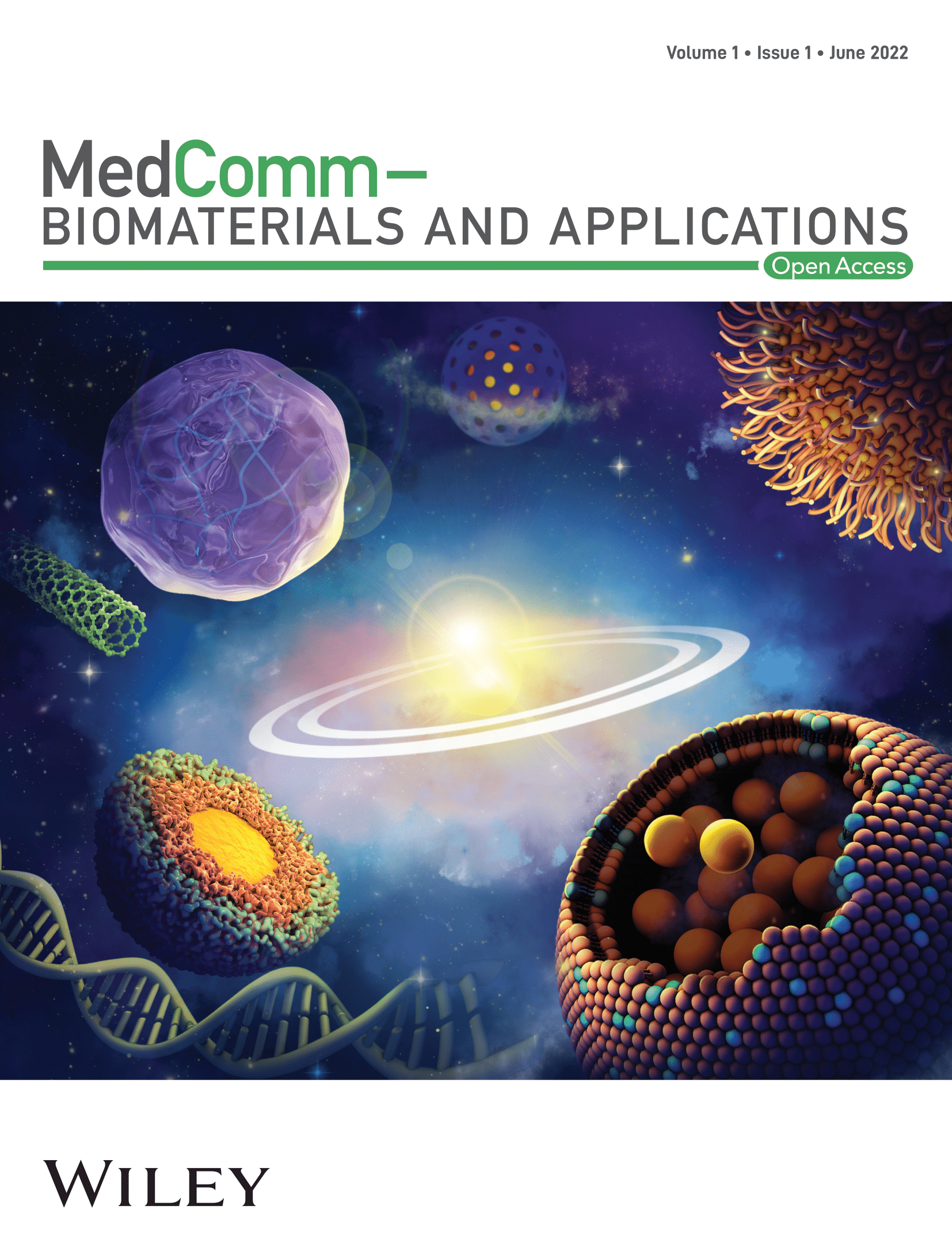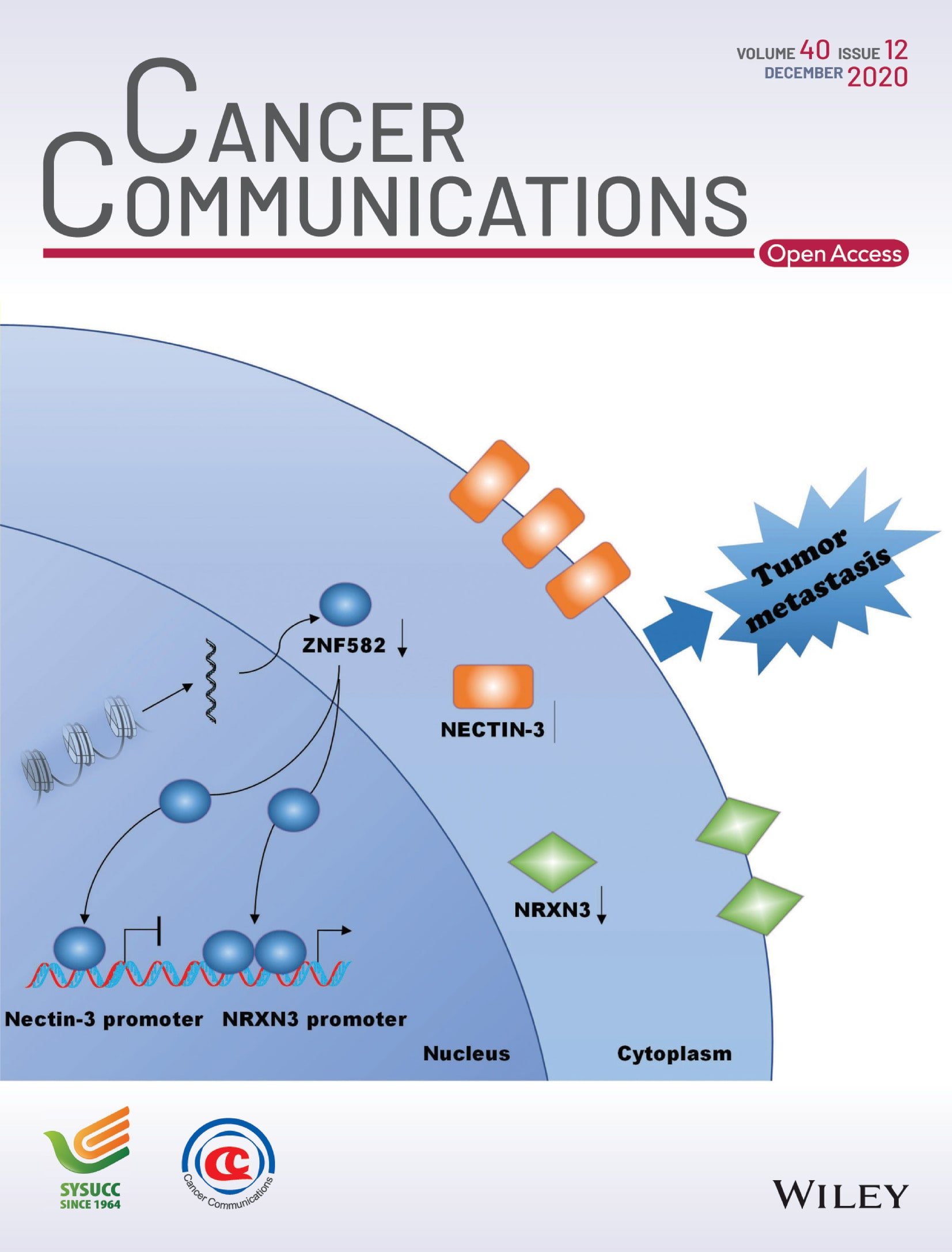Editors-in-Chief: Guido Kroemer and Canhua Huang
© Sichuan International Medical Exchange & Promotion Association (SCIMEA)
MedComm – Oncology publishes clinical, basic, and translational advances in all aspects of oncology. We publish studies with an emphasis on disclosing the molecular pathogenic mechanism of human cancer and suggesting new techniques for cancer diagnosis and therapy.
We're a multidisciplinary oncology journal interested in topics like cancer metabolism, non-coding RNA, cancer stem cells, signal transduction, tumor microenvironment and immunology, early diagnosis and biomarkers, drug discovery, gene therapy, cell therapy, immunotherapy, and artificial intelligence.
Journal Metrics
- 1.7CiteScore
- 2.2Journal Impact Factor
- 60%Acceptance rate
- 31 days Submission to first decision
.png)
Read more about MedComm – Oncology.
We cordially invite you to submit manuscripts to MedComm – Oncology. The Article Publication Charge are currently waived for accepted manuscripts.
Articles
Transforming Growth Factor‐Beta Signaling in Cancer: Therapeutic Implications, Challenges, and Pathways to Progress
- 14 July 2025
Graphical Abstract
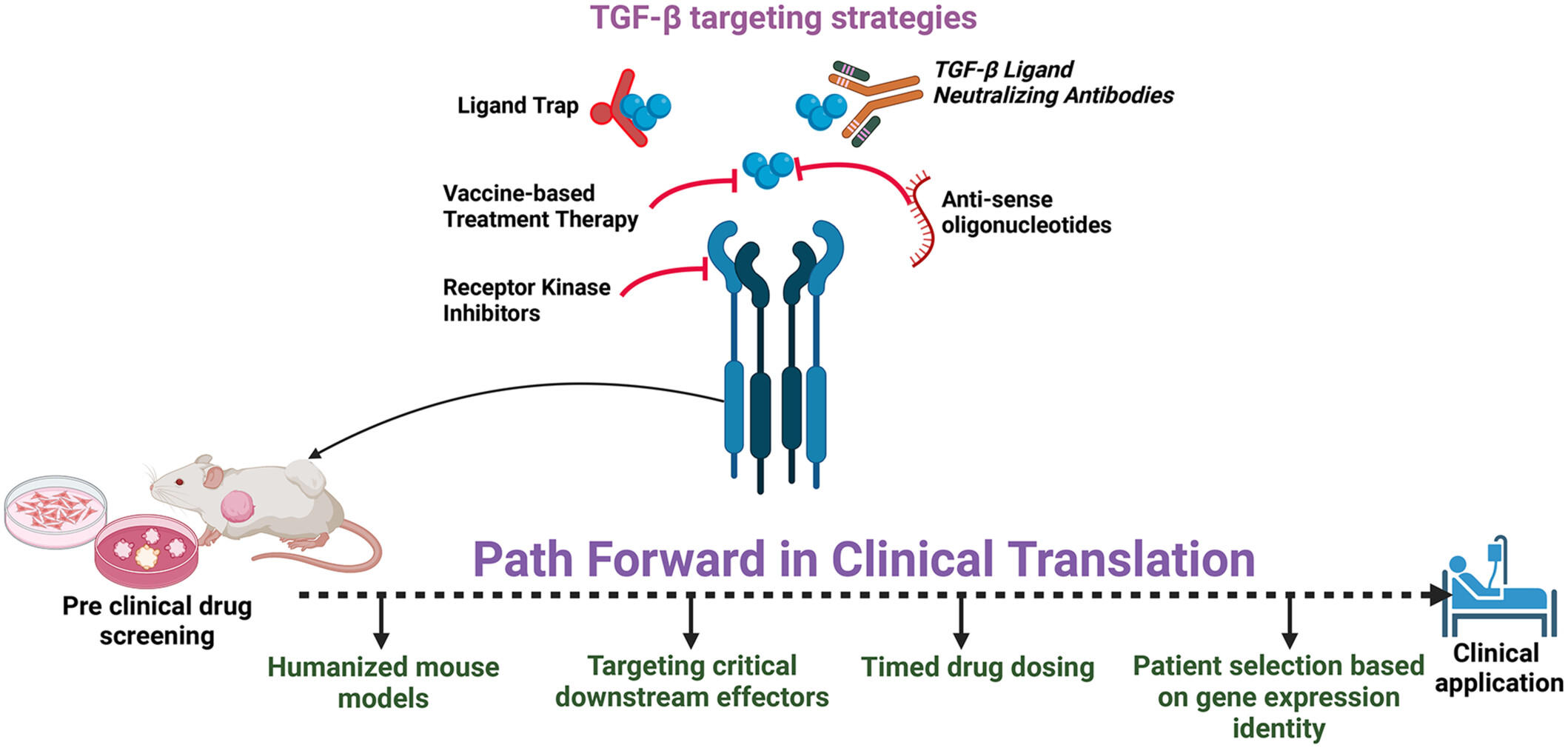
TGF-β inhibition is emerging as a promising cancer therapy, yet translating laboratory success to bedside implementation has suffered significant setbacks. The associated challenges include adverse drug reactions, inadequate predictive models, and activation of alternative signaling pathways. To bolster the therapeutic efficacy of TGF-β blockade, strategies such as optimized dosing regimens, adoption of humanized mouse models that better replicate human disease, and refined patient selection based on genetic profiles are crucial. These approaches aim to address current limitations and improve the translation of TGF-β inhibition from preclinical promise to clinical reality.
Cellular Senescence in Cancer: Mechanisms, Roles in Tumor Progression, and Therapeutic Implications
- 7 July 2025
Targeting Immune Checkpoints: Basic Signaling Pathways and Clinical Translation in Cancer Therapeutics
- 7 July 2025
Graphical Abstract
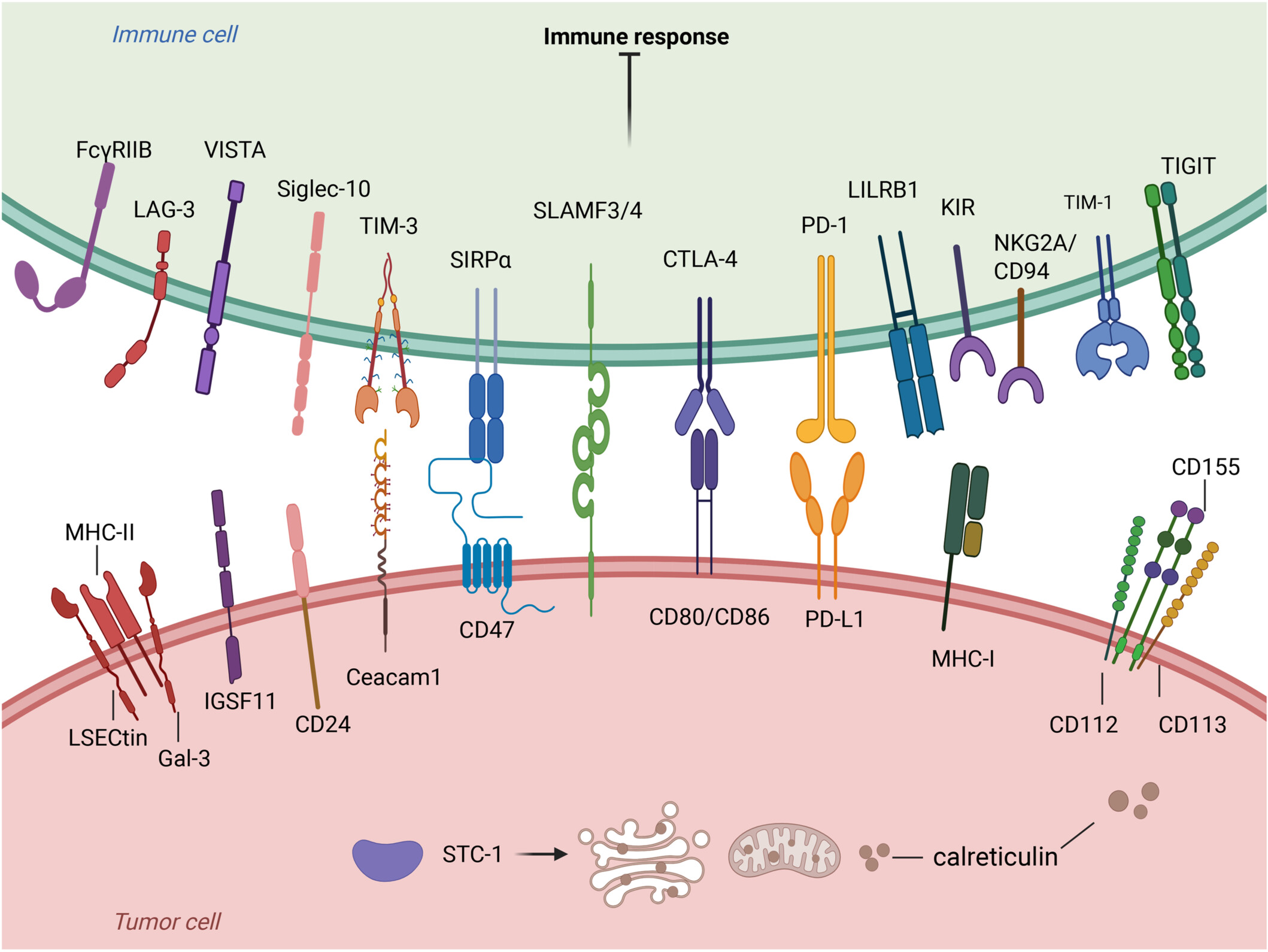
Immune checkpoints in tumor immunotherapy. Ligand binding to the receptor inhibits immune cell function, promotes tumor cell immune escape, and suppresses the immune response. The pathways of action are VISTA-IGSF11, TIM-3-Ceacam1, CD47-SIRPα, CTLA-4-CD80/CD86, PD-L1-PD-1, MHC-1-LILRB, and CD24 - Siglec -10. There are also other immune checkpoints such as FcγRIIB, LAG-3, SLAMF3/SLAMF4, KIR, NKG2A/CD94, TIGIT, and STC-1.
The following is a list of the most cited articles based on citations published in the last three years, according to CrossRef.
miRNA interplay: Mechanisms and therapeutic interventions in cancer
- 15 October 2024
Graphical Abstract
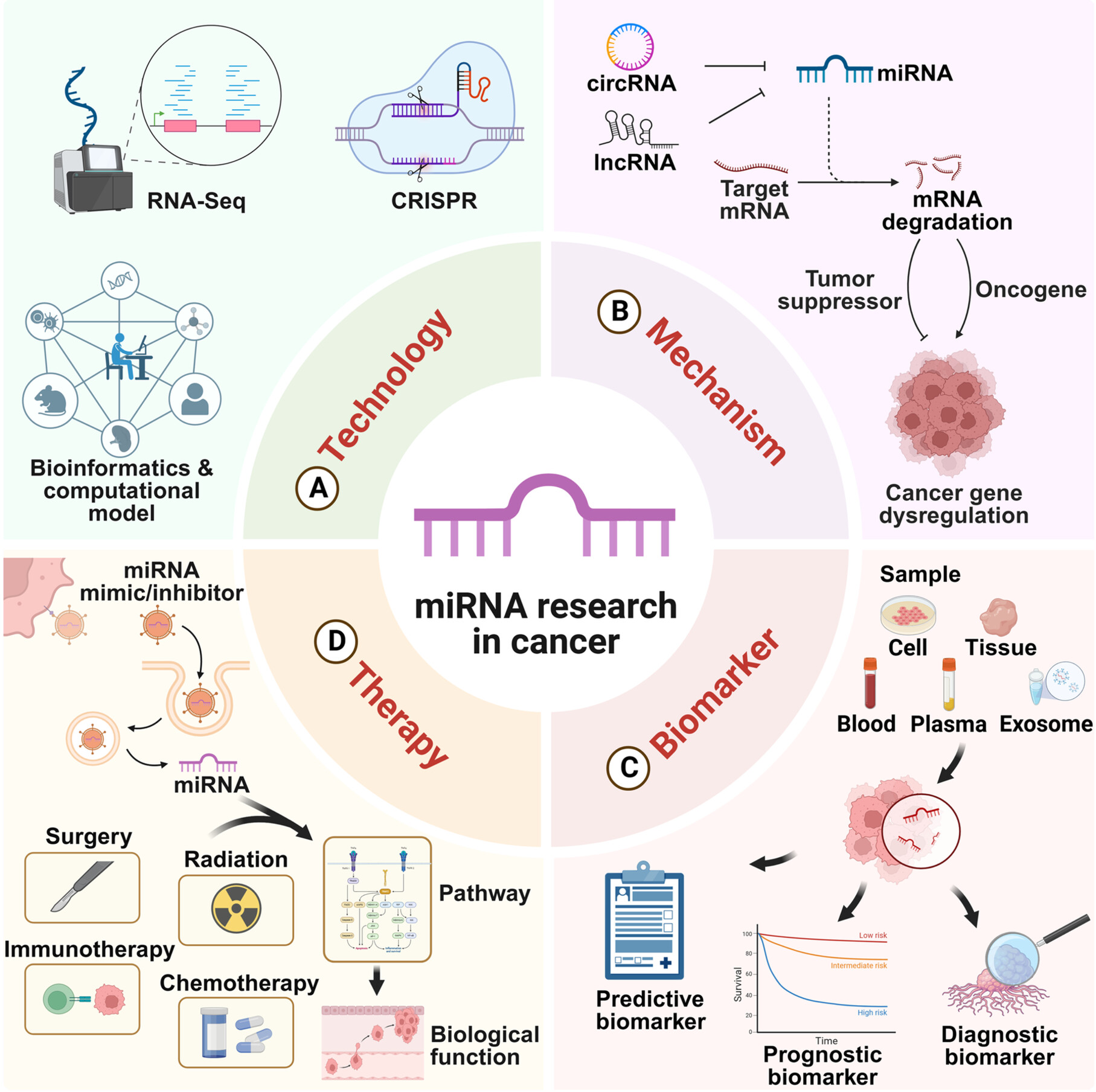
By integrating RNA sequencing, CRISPR, bioinformatics, and computational models, we have deepened understanding of MicroRNA (miRNA) interactions. miRNAs regulated by ceRNAs are closely linked to cancer development. They are detectable in various samples and serve as biomarkers for cancer diagnosis, prognosis, and prediction. miRNA-based therapies, combining mimics or inhibitors with conventional treatments, show promise in enhancing cancer treatment outcomes.
Development of covalent inhibitors: Principle, design, and application in cancer
- 31 October 2023
Graphical Abstract
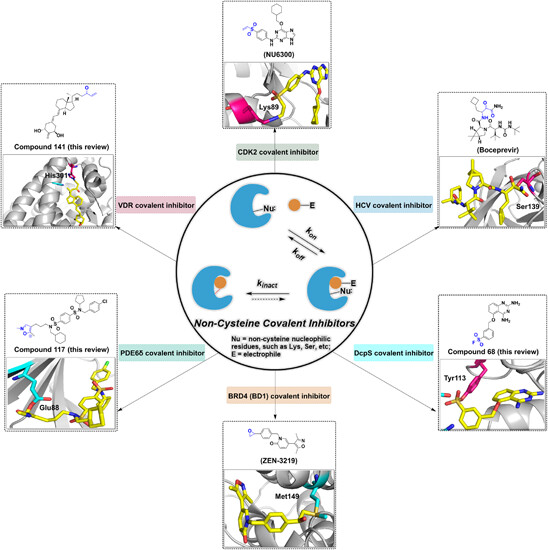
The noncysteine covalent inhibitors are a class of small molecule inhibitors that can bind irreversibly to their target enzymes through covalent bonding with noncysteine residues. They have shown promise as potential therapeutics for a variety of diseases, including cancer, infectious diseases, and autoimmune disorders. Examples of noncysteine covalent inhibitors. The illustration emphasizes the representative noncysteine covalent inhibitors in drug discovery and development.
Fatty acids in cancer: Metabolic functions and potential treatment
- 10 March 2023
Graphical Abstract
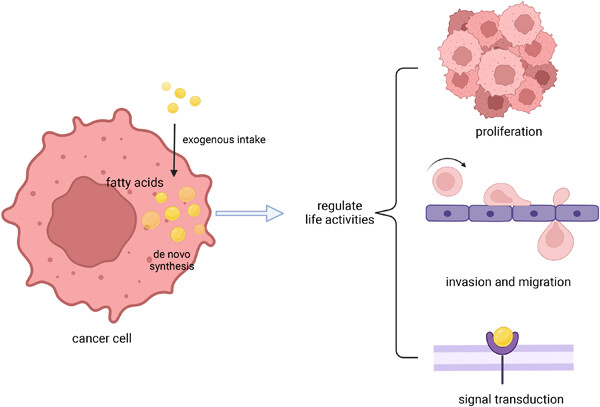
Fatty acids in cancer cells are derived from cellular synthesis and extracellular uptake. Fatty acids are extensively reprogrammed in cancer cells and regulate life activities, including supporting cell growth as energy, influencing cell movement as components of membrane structure, and regulating signal transduction as signaling molecules. Focusing on the role of fatty acids in tumor cells is helpful to find new strategies for tumor treatment.
Epigenetic remodeling under oxidative stress: Mechanisms driving tumor metastasis
- 14 November 2024
Graphical Abstract
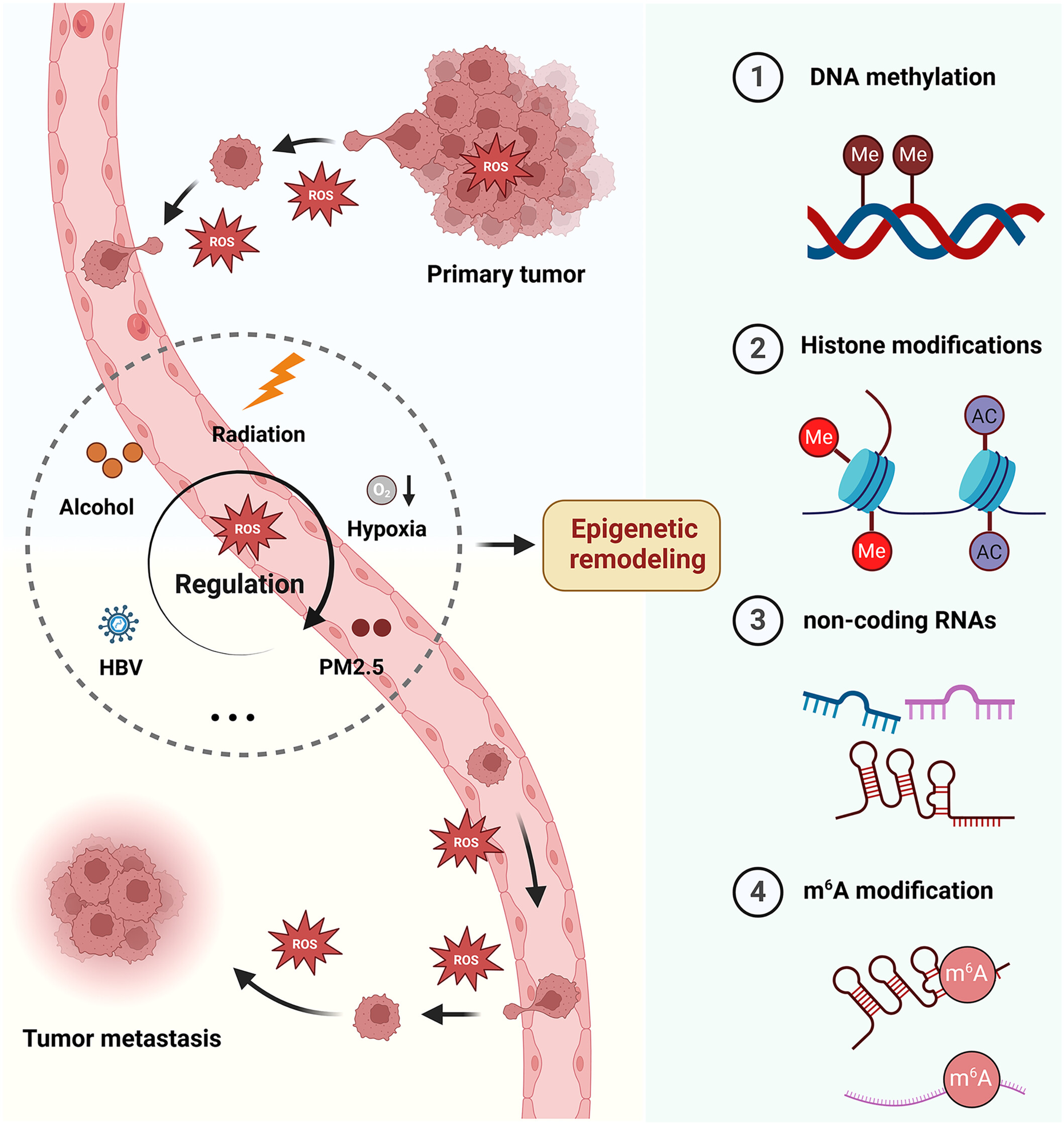
During the process of metastasis, tumor cells inevitably encounter the stimulation of various oxidative stressors, resulting in the fluctuation of intracellular reactive oxygen species (ROS) levels. Epigenetic reprogramming serves as a bridge between oxidative stress and tumor metastasis. In different stages of metastasis, ROS can modulate tumor behavior by reprogramming DNA methylation, histone modification, noncoding RNA, and N6-methyladenosine (m6A) modification.
Oxidative stress and cellular senescence: Roles in tumor progression and therapeutic opportunities
- 25 December 2024
Latest news
Recent issues
- Volume 4, Issue 3September 2025
- Volume 4, Issue 2June 2025
- Volume 4, Issue 1March 2025
- Volume 3, Issue 4December 2024





